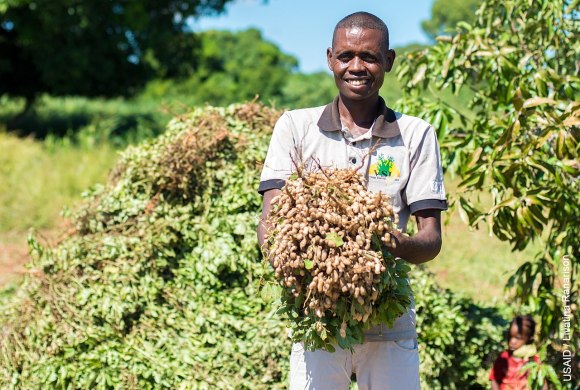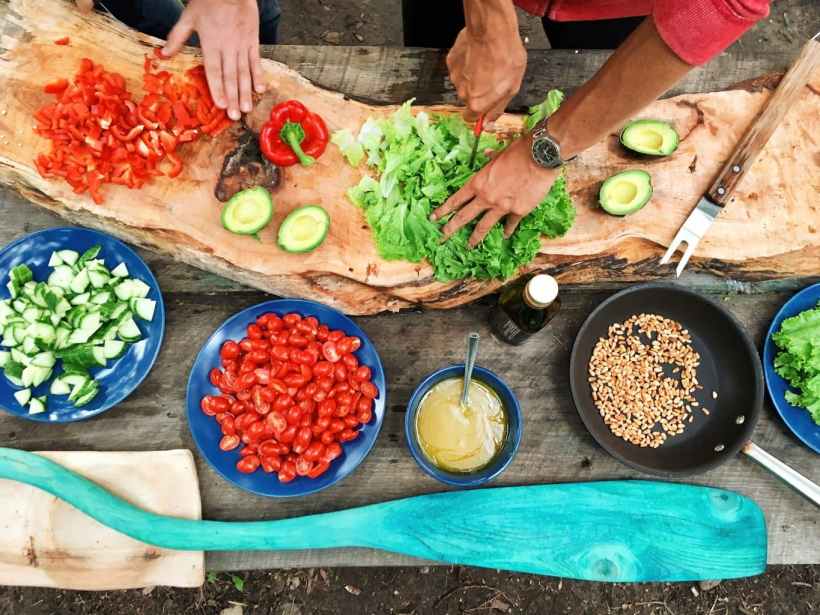Food is one of the biggest contributors to waste and climate change. Its meticulous production, transportation, and preparation involve many processes that often emit greenhouse gases. Food also generates a lot of waste—especially given the world’s constant demand for various food products.
As much as 14% of food produced is lost between harvest and retail, while over 17% of global food production goes to waste. This is why many organizations are pushing to end food waste. The initiatives they push for involve efforts to preserve the resources used in food production, such as land, water, and energy.
They also encourage food businesses and corporations to implement innovative solutions to reduce waste. As consumers, we can also contribute to ending food waste on an individual level. One way to do so is by building a healthier and more eco-friendly diet.
Consuming less processed food grown more organically is better for the planet. Here are some ways you can start:
Grow Your Own Healthier Food

Growing and harvesting your own food reduces your reliance on processed, store-bought food. This ensures you’re not consuming too many processed, genetically-modified, or pesticide-treated items. Home-grown food will also be free from the carbon footprint of store-bought food, which undergoes several processes and transportation methods to get to your table.
You can start small by planting herbs like basil, parsley, and chives. They’re easy to maintain and care for, making them perfect for beginners slowly exploring growing their own food.
Herbs can also grow indoors under the right conditions, so you can easily grow them in smaller spaces like apartments and tiny homes.
Once you’re more comfortable growing herbs, you can move on to caring for garden plants with which you can make tea, like ginger, chamomile, and lemon balm. These are also easy to grow and can be used for recipes other than tea.
You can also contribute to your local community garden if you want an easier and more accessible way to grow and eat fruits and vegetables. Doing so will also help you reap additional benefits like better food security, increased fruit and vegetable intake, and a lower likelihood of becoming overweight.
Cook at Home

Making home-cooked meals requires more effort since you need to source, prepare, and cook their ingredients. However, it’s healthier and more eco-friendly than going out to eat or buying food outside.
This will be especially helpful if you’re looking to lose weight from previous diets incorporating processed foods with lots of preservatives: cooking at home allows you to control your portions and choose what ingredients go into your food.
Because of this, you can avoid overeating and straying away from your nutrition plan. Aside from helping you follow a sustainable diet and weight loss plan, cooking at home is eco-friendlier and more cost-effective because you can minimize leftovers and avoid wasting food.
For easier cooking, you can keep a food diary to outline daily meal plans. This can help you brainstorm new dish ideas and easily know what to cook on busy days. And if you’re also looking to shed some pounds, it’ll serve as a motivation for weight loss by helping you track what you eat.
Another way to avoid cooking the same meals while staying healthy and eco-friendly is by switching up how you cook. Grill, steam, air-fry, or roast your ingredients instead of frying.
You can also prepare meals in batches to cut down on cost and avoid relying on pre-packaged options.
Choose Healthier To Eat Plant-Based

Meat production isn’t eco-friendly. It produces the most greenhouse gases because of livestock’s digestion processes and the decomposition of their manure.
Livestock also needs to be transported to slaughterhouses and delivered to processing plants—where the meat undergoes chemical treatments using preservatives—before being sold on the market.
This is why choosing a plant-based lifestyle is healthier and more eco-friendly. Aside from reducing land use and greenhouse gas emissions, it uses less water than livestock maintenance—which uses up to 24% of global freshwater.
This also prevents animal cruelty, as some livestock undergo harsh conditions. You can consume more plants by incorporating more fruits and vegetables than meat into your meals.
There are also plant-based meats in the market to replace traditional meat.
Eat Local and Seasonal Healthier Food

Thanks to technology and international transportation, eating food that’s out of season is possible by growing it in artificial conditions or importing it from other countries.
Unfortunately, this makes this food less healthy and eco-friendly. Food is less nutritious when grown outside of its season, especially if it grows in an artificial environment. It also loses nutrients while in transit since they become less fresh.
Transporting such goods from far places also contributes to carbon emissions because of the oil and gas used by ships, planes, and trucks.
As such, it’s best to eat local and seasonal food as much as possible. They’re easier to acquire as they grow in your area of residence, and they’ll stay fresh when they reach your table.
You can get local and seasonal goods from public and farmers’ markets—or the community gardens mentioned above.
Building a healthier and more eco-friendly diet helps reduce food waste and climate change. Begin your journey today with the tips we’ve discussed above.



Leave a Reply